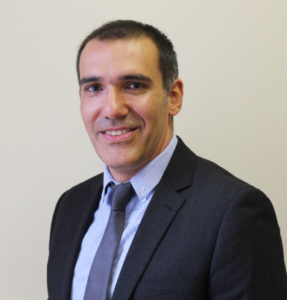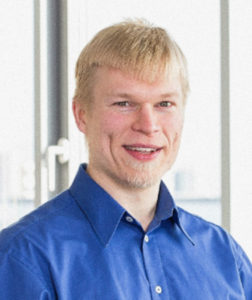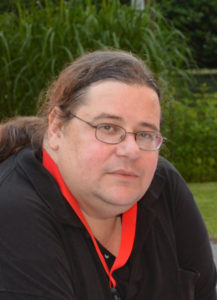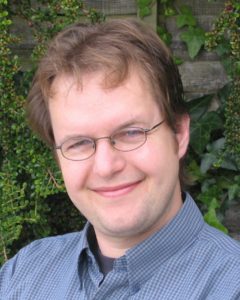Dario Bauso | Friday 6 September | 11:00am | Lakeside Labs B04b B4 1.114
Abstract: The massive penetration of smart technology has changed energy systems and many other engineering applications such as transportation, logistics, and security. In all these contexts, one often observes a large number of machines and humans interacting with each other. Thus there is a need to redefine the boundaries of some engineering disciplines to accommodate both physical and socio-economic components. Control Engineering, the discipline which studies the ways in which one can control the evolution of a system is no exception. A core concept in control is ‘feedback’ whereby a machine (the controller) gets measurements from sensors about the state of the system one wishes to control and sets the inputs to the system. In the presence of numerous machines and humans, one observes the humans turning into strategic players who learn the environment and make decisions knowing that the environment (which is constituted by the other players) is at the same time learning about them and will react accordingly. This takes the concept of feedback to the next level and opens the floor to a number of game theoretic aspects (learning, incentives, pricing).
In this tutorial I will present new perspectives and challenges arising when dealing with co-existing physical and socio-economic components. I will introduce dynamic games with a large number of players, (also known as mean-field games) and discuss recent trends. I will also discuss the role of strategic thinking and learning in competitive scenarios. The tutorial will conclude with a look at bio-inspired collective decision making problems and related evolutionary game models.
 Bio: I received the Laurea degree in Aeronautical Engineering in 2000 and the Ph.D. degree in Automatic Control and System Theory in 2004 from the University of Palermo, Italy. Since 2018 I have been with the Jan C. Willems Center for Systems and Control, ENTEG, Faculty of Science and Engineering, University of Groningen (The Netherlands), where I am currently Full Professor and Chair of Operations Research for Engineering Systems. Since 2005 I have also been with the Dipartimento di Ingegneria, University of Palermo (Italy). From 2015 to 2018 I was with the Department of Automatic Control and Systems Engineering, The University of Sheffield (UK), where I was Reader in Control and Systems Engineering. From 2012 to 2014 I was also Research Fellow at the Department of Mathematics, University of Trento (Italy).
Bio: I received the Laurea degree in Aeronautical Engineering in 2000 and the Ph.D. degree in Automatic Control and System Theory in 2004 from the University of Palermo, Italy. Since 2018 I have been with the Jan C. Willems Center for Systems and Control, ENTEG, Faculty of Science and Engineering, University of Groningen (The Netherlands), where I am currently Full Professor and Chair of Operations Research for Engineering Systems. Since 2005 I have also been with the Dipartimento di Ingegneria, University of Palermo (Italy). From 2015 to 2018 I was with the Department of Automatic Control and Systems Engineering, The University of Sheffield (UK), where I was Reader in Control and Systems Engineering. From 2012 to 2014 I was also Research Fellow at the Department of Mathematics, University of Trento (Italy).
I have been academic visitor in several universities. From October 2001 to June 2002, I was a Visiting Scholar at the Mechanical and Aerospace Engineering Department, University of California, Los Angeles (USA). In 2010 I was short-term visiting scholar at the Department of Automatic Control of Lund University (Sweden) and at the Laboratory of Information and Decision Systems of the Massachusetts Institute of Technology (USA). In 2013 I was visiting lecturer at the Department of Engineering Science, University of Oxford (UK) and at the Department of Electrical and Electronic Engineering of Imperial College London (UK). In 2018-2019 I have been guest professor at Keio University, Japan.
My research interests are in the field of Optimization, Optimal and Distributed Control, and Game Theory. Since 2010 I am member of the Conference Editorial Board of the IEEE Control Systems Society. I was Associate Editor of IEEE Transactions on Automatic Control from 2011 to 2016. I am Associate Editor of IFAC Automatica, IEEE Control Systems Letters and Dynamic Games and Applications. I have also been general chair of the 6th Spain, Italy, and Netherlands Meeting on Game Theory (SING 6).




 We are hiring!
We are hiring!

